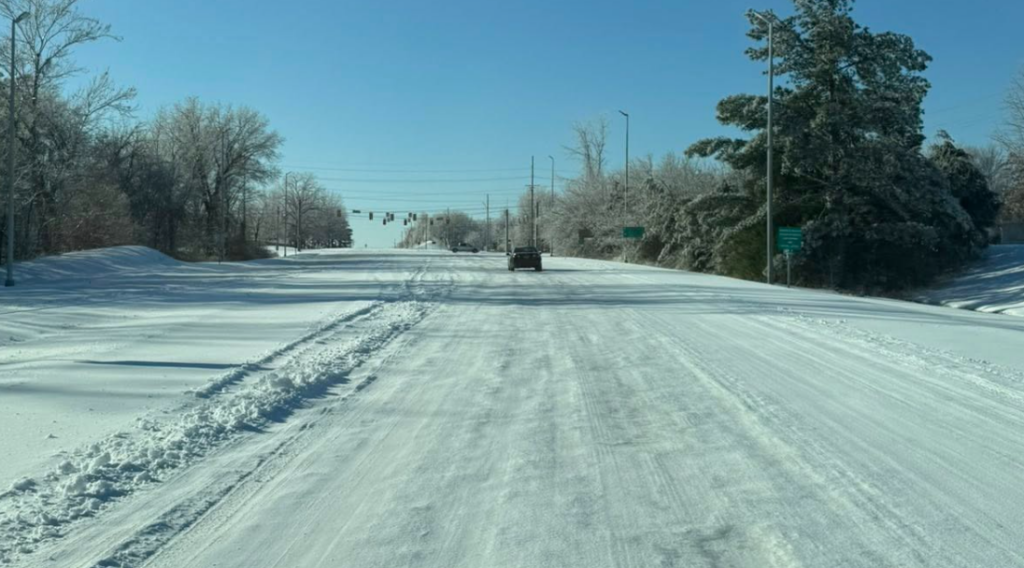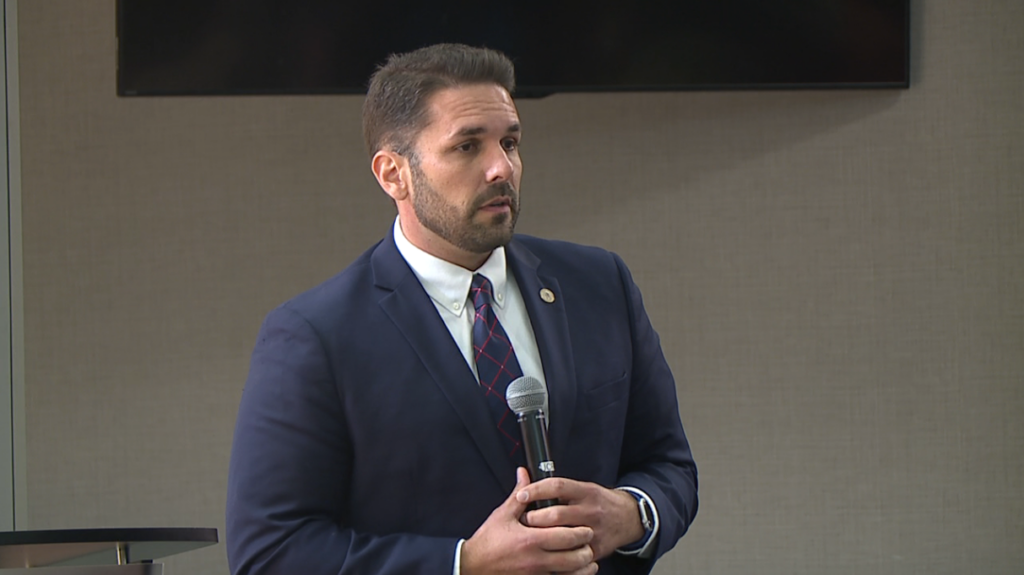Firefighters train, fight to prevent cancer
[gtxvideo vid=”sBLCylzP” playlist=”” pid=”OTSe9U1y” thumb=”http://player.gtxcel.com/thumbs/sBLCylzP.jpg” vtitle=”Firefighter Cancer Hazard PKG”]
JACKSON, Tenn. — Running toward burning buildings is a risk firefighters take every day, but the risk to their health could be greater than running into the flames. A recent study shows firefighters have higher rates of cancer than the rest of us — sobering statistics that are prompting change. Tennessee fire chiefs were in Jackson on Thursday, fighting cancer as hard as they fight fires. “It’s an epidemic that’s out there,” Todd Wagoner said. “It touches the fire service in so many different ways.” For Wagoner, that epidemic is cancer. He was diagnosed in 2011 after 26 years on the job. “I was shaving one day and just felt something with the razor,” Wagoner said.
From diagnosis to remission, Wagoner fought for his life while still fighting fires. “Eight weeks of chemo and 35 rounds of radiation,” Wagoner said. “I worked all the way through it.” Thursday, he took his fight to Jackson to share his story of beating cancer, hoping to protect others. “This is a good opportunity to inform the chiefs so they can take the training back to their departments and make all of our firefighters safer,” Tennessee Fire Chief’s Association President Chuck Walker said. Wagoner said a house fire is much different than it was 30 years ago and poses a much greater risk. “It just creates so much poisonous gas,” Wagoner said. “It’s all absorbing into our system.” Although they wear gear to protect themselves, he said more steps need to be taken. “It’s something to protect us, but we don’t take care of it the way we need to, as far as washing it and making sure the contaminants are gone from it,” Wagoner said. As the fight continues against cancer, Wagoner said his job isn’t just about saving his community but also saving his brotherhood. “If something I say touches one person, to make them go to the doctor or to quit ignoring a lump they’ve got, it’s worth everything I went through,” Wagoner said. Some fire stations have spare sets of gear to swap out after a fire while others use specialized washing machines to get those toxins out. But more training like Thursday’s is what Wagoner said will help those cancer rates plummet.












